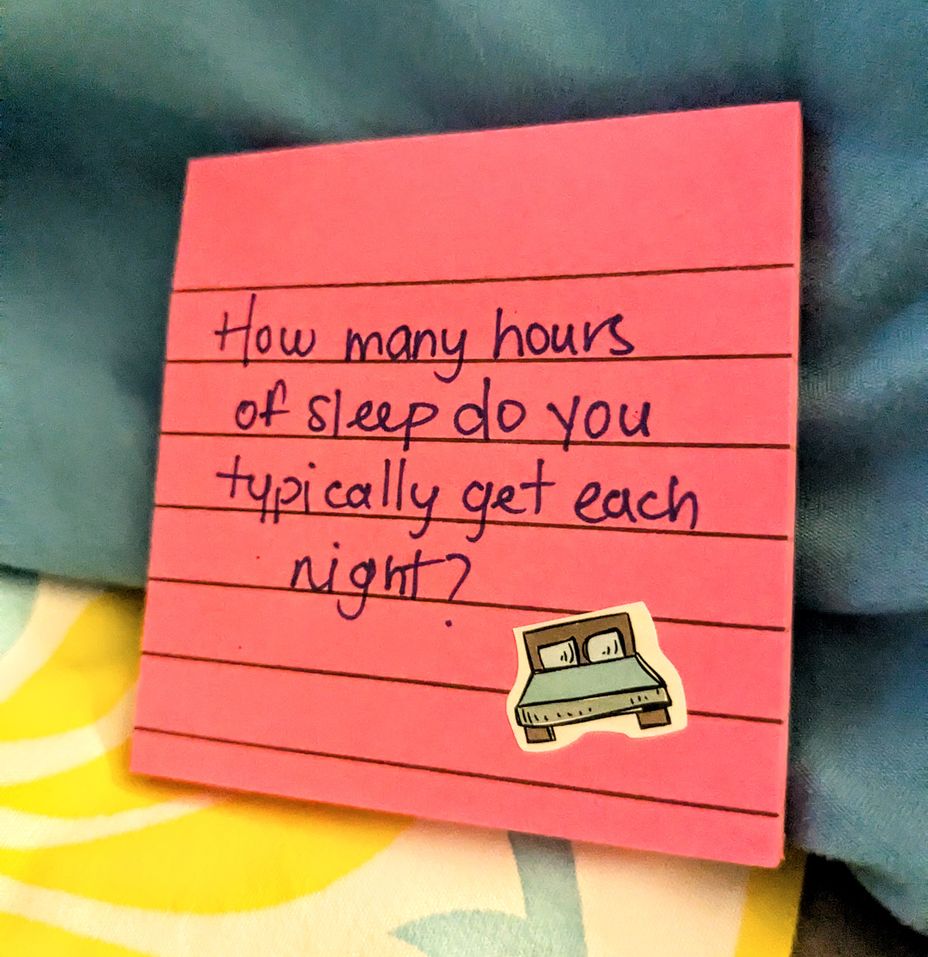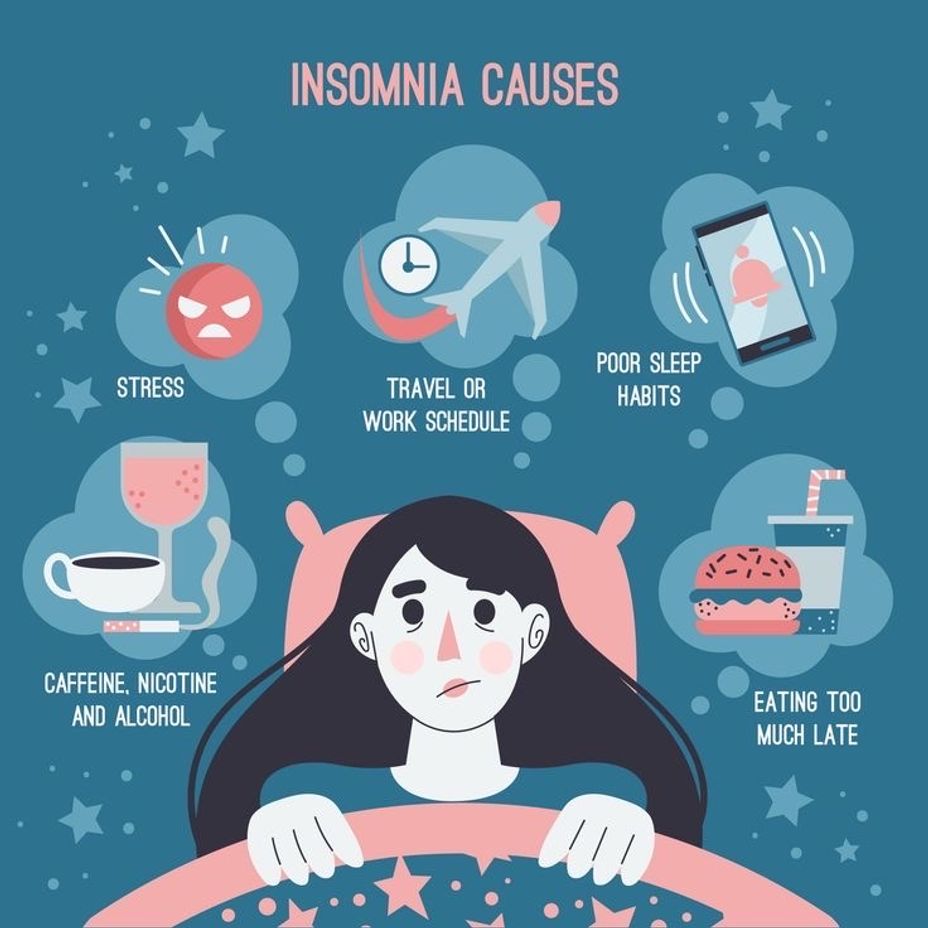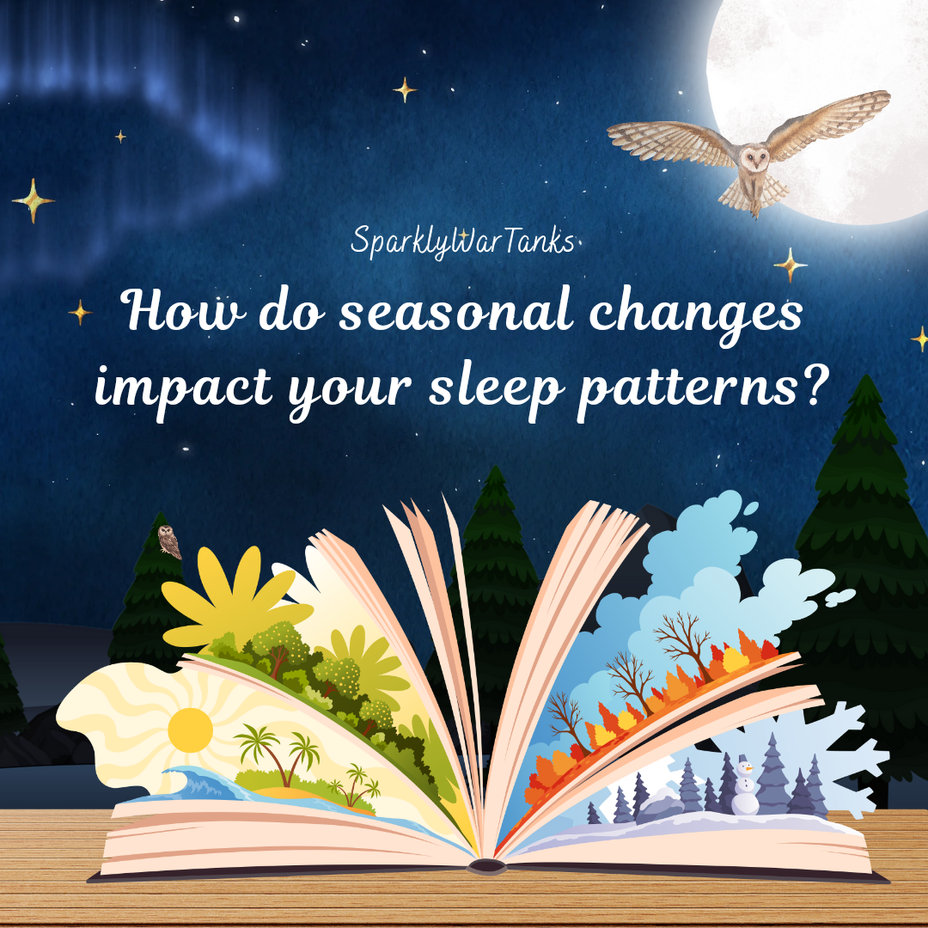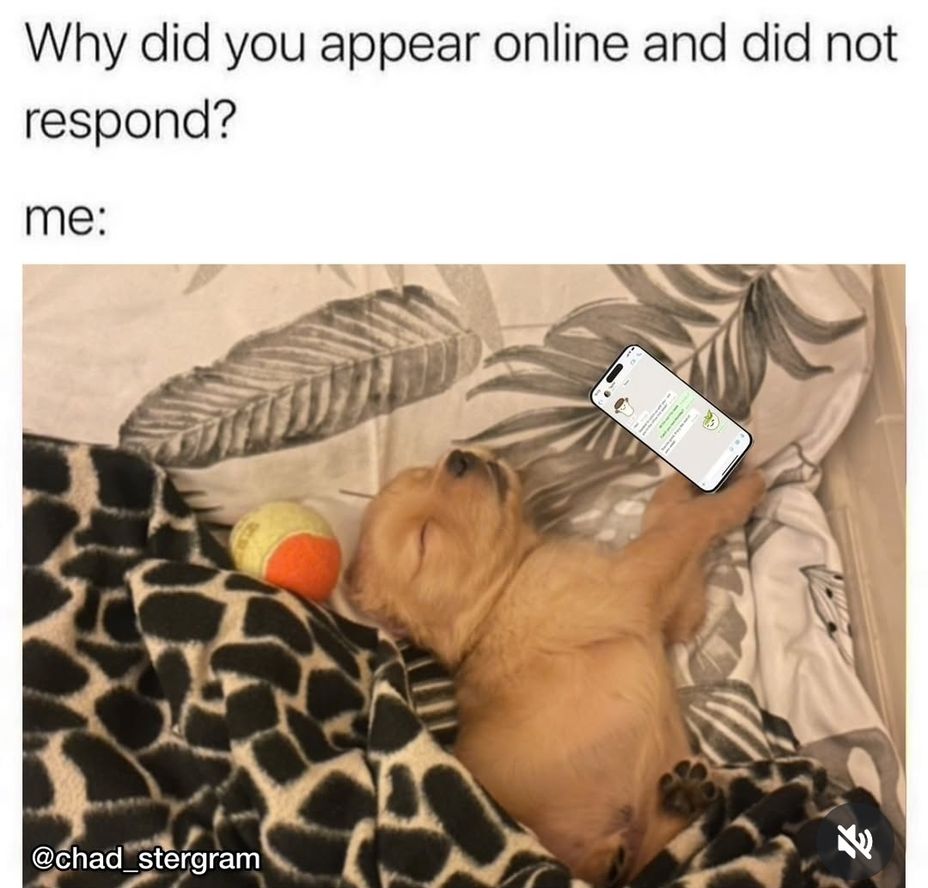How many hours of sleep do you typically get each night? 🌙
So many factors can influence the quality and quantity of sleep we get. From the time you go to bed, to your mental health, pain levels, sleep conditions, room temperature, and even whether you're able to stay asleep through the night — it all plays a role.
On average, how many hours of sleep do you get per night?
What’s the biggest factor that affects how long or how well you sleep?
#MightyMinute #CheckInWithMe #Insomnia #SleepApnea #ChronicPain #ChronicIllness #Disability #RareDisease #MentalHealth #Anxiety #Autism #Parenting #PTSD #BorderlinePersonalityDisorder #BipolarDisorder #ObsessiveCompulsiveDisorder #EatingDisorders #Depression #Fibromyalgia #Lupus #MultipleSclerosis #Migraine #Spoonie







